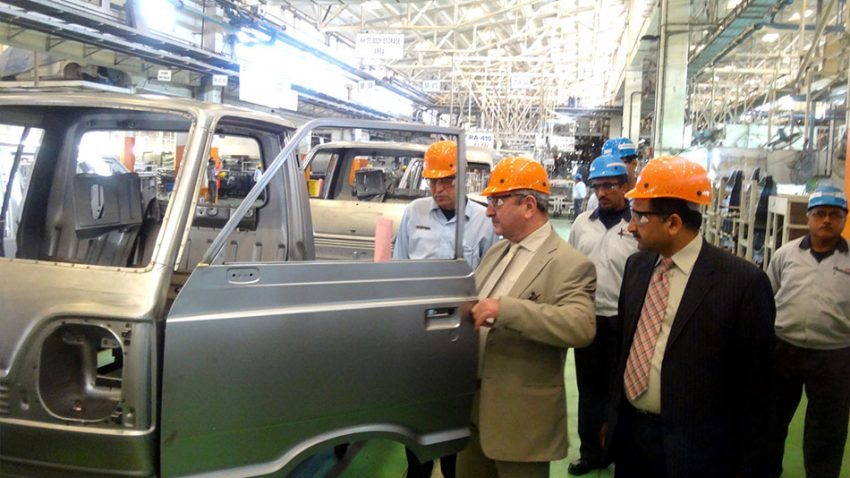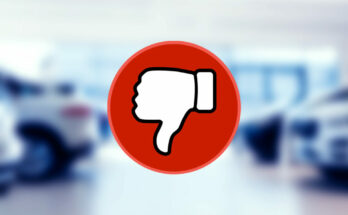Regardless of persistent questioning by the Public Accounts Committee (PAC) Sub-Committee on various issues harming consumers’ interests, local auto assemblers have sharply increased the prices of vehicles in the last 16 months despite a steep decline in demand.
During the PDM regime, the rupee’s value against the dollar fell by 58%, from Rs 182.93 on August 11, 2022, to Rs 289 on August 9, when Prime Minister Shehbaz Sharif walked away. However, despite huge claims for achieving higher localization, price increases across a range of locally assembled models are in tandem with the decline in the value of the rupee, even as much as 62% for some variants.
Related: Despite 55% Decline in Sales, The “Big 3” Enjoy an 82% Surge in Revenue
Due to poor localization, price increases are much steeper in many expensive variants. It implies that the depreciation of the rupee is a major factor in driving up the landed cost of imported parts and accessories, exposing both low and high levels of localization by the assemblers.

In its numerous meetings, the PAC brought up issues such as rising car prices, the inability to deliver vehicles despite receiving the full advance payment, the holding up of billions of rupees of consumers, and on-money (premium) as a result of plants operating at low capacity while artificially painting the demand-supply gap.
Related: Local Assemblers and Their Allergy to Used Car Imports
The committee also voiced concerns about the absence of quality and safety standards, the auditing of the auto industry’s financial records, production capacity, the involvement of auto assemblers and their dealers in the collection of millions of rupees from customers as on-money, the absence of engine manufacturing efforts in Pakistan, the use of the older Euro 2 standards rather than the more recent Euro 5 standards, and the failure to localize parts.

The committee expressed dissatisfaction with charging additional amounts despite full payments being made to the companies, forcing customers to sign affidavits. Interestingly, one of the PAC members revealed that he was charged an additional Rs. 1 million at the time of the vehicle’s delivery.
Related: Not the Ideal Start to New Fiscal Year for Local Assemblers
The committee came to the conclusion that there are not enough quality and safety standards that are in line with international norms and that the government has not made any significant efforts to encourage automakers to export their cars.
Full Story: Dawn

A computer animation professional with over 23 years of industry experience having served in leading organizations, TV channels & production facilities in Pakistan. An avid car enthusiast and petrolhead with an affection to deliver quality content to help shape opinions. Formerly written for PakWheels as well as major publications including Dawn. Founder of CarSpiritPK.com




